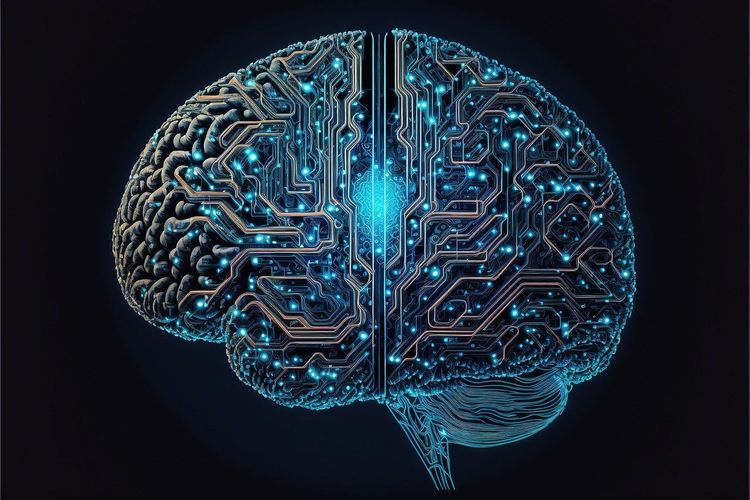Microsoft is placing a major emphasis on generative AI at this year's Build conference, unveiling a series of exciting updates for its platforms dedicated to creating AI-driven apps and experiences: Azure AI Studio and Copilot Studio.
To clarify, Azure AI Studio is a component of Microsoft’s Azure OpenAI Service that allows users to integrate AI models, such as OpenAI's recently launched GPT-4o, with their own data. This enables the creation of chat assistants or various other applications that analyze and reason over that data. On the other hand, Copilot Studio equips developers with tools to connect Copilot for Microsoft 365—an AI-powered assistant integrated into applications like Excel, Word, and PowerPoint, along with Microsoft’s Edge browser and Windows—to third-party data sources.
Azure AI Studio is now generally available and will soon enable developers to build generative AI applications using pay-as-you-go inference APIs. This allows easy access to and fine-tuning of generative AI models hosted on Azure’s robust infrastructure. Microsoft refers to this system as “model-as-a-service”, initially launching with models from Nixtla and Core42, with more models from providers such as Cohere, Stability AI, and AI21 Labs expected in the near future.
In addition, new capabilities in preview allow Azure AI Studio users to train and debug generative AI applications by comparing different versions, as well as monitor their applications in production for usage and quality. Users will be able to visualize trends and receive alerts based on customized filters and settings.
Furthermore, Azure AI Studio integrates with Microsoft Purview (in preview), which safeguards against unauthorized data access across apps and services. This helps identify potential “data risks” in AI applications, enforce encryption on sensitive information, and manage AI application usage. New tools are also being introduced to prevent “jailbreaks”—unauthorized modifications to AI models that disable their safeguards—and detect hallucinations, wherein models fabricate information.
In terms of Copilot Studio, Microsoft is rolling out Copilot agents—AI bots designed to “independently manage tasks tailored to specific roles and functions.” Utilizing contextual awareness and memory, Copilot agents can navigate diverse business workflows, adapt based on user feedback, and seek assistance when faced with unfamiliar challenges.
Charles Lamanna, CVP of business applications and platforms at Microsoft, elaborates: “Developers assign defined tasks to their copilot, equipping it with the essential knowledge and actions. Copilot Studio then orchestrates dynamic workflows and operates in the background to automate these tasks.”
Also debuting in Copilot Studio are extensions and connectors, currently in preview for Copilot within Microsoft 365 and Microsoft Teams. Extensions allow developers to customize AI copilots with specified instructions, relevant database knowledge, and plugin actions—enabling functionalities for tasks like expense reporting and employee onboarding. Conversely, connectors facilitate grounding copilots with organizational knowledge from various sources.
“Extensions enhance the actions Microsoft Copilot can perform on behalf of users, personalize grounding knowledge using pertinent business data, and allow for seamless collaboration between copilots,” explains Lamanna. “Connectors include Power Platform connectors, Microsoft Graph connectors, and Power Query connectors, with Microsoft Fabric integrations on the horizon, allowing copilots to utilize diverse data sources including public websites, SharePoint, OneDrive, Dataverse tables, Microsoft Fabric OneLake, Microsoft Graph, and leading third-party applications.”
We’re thrilled to announce our upcoming AI newsletter! Sign up here to receive insightful updates directly in your inbox starting June 5.







